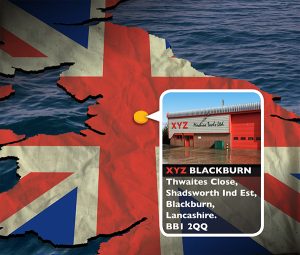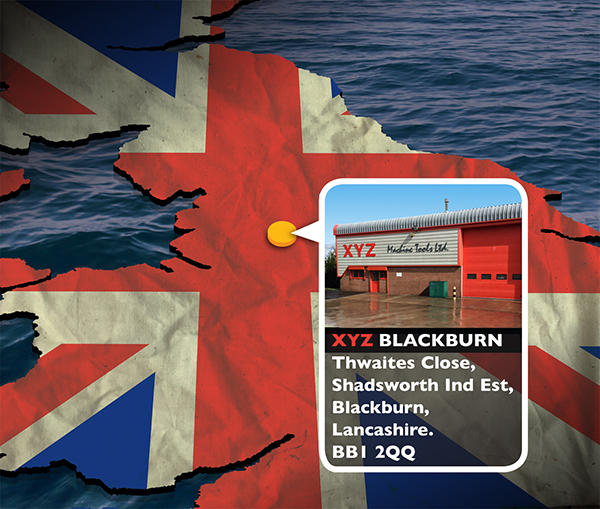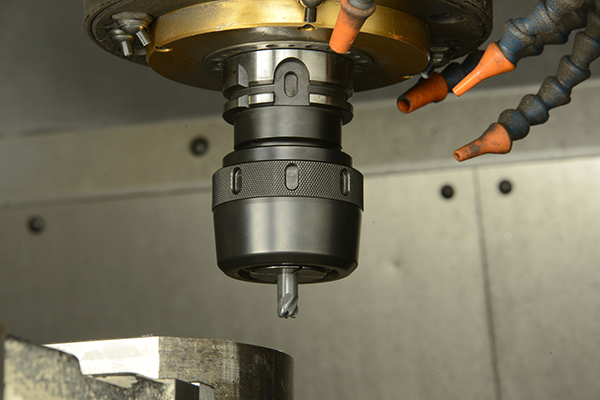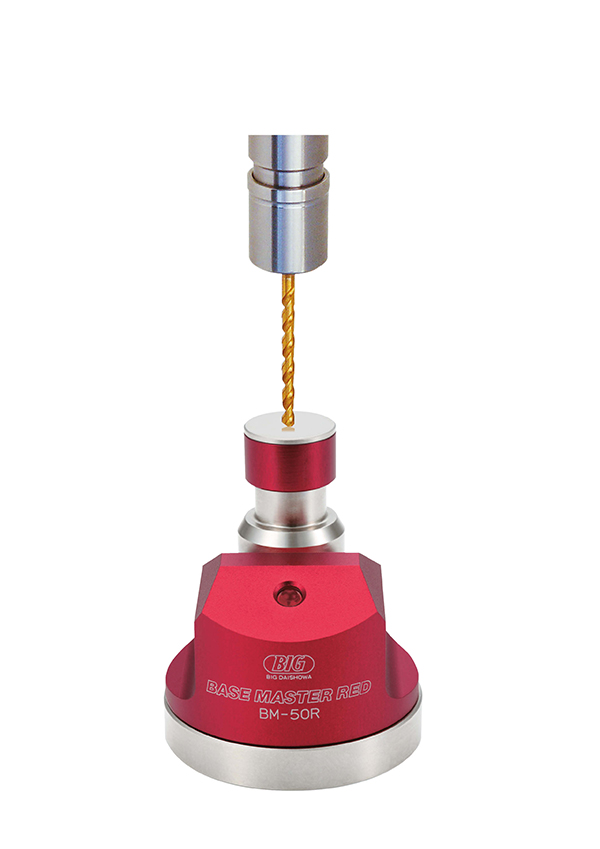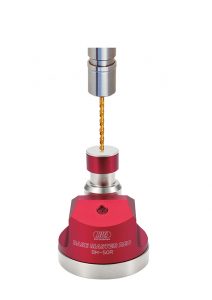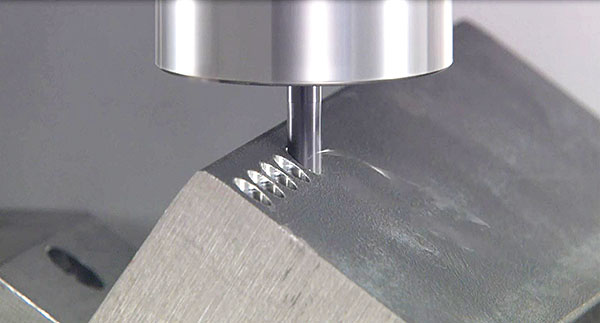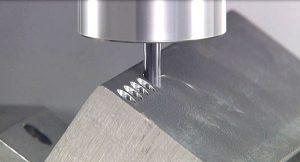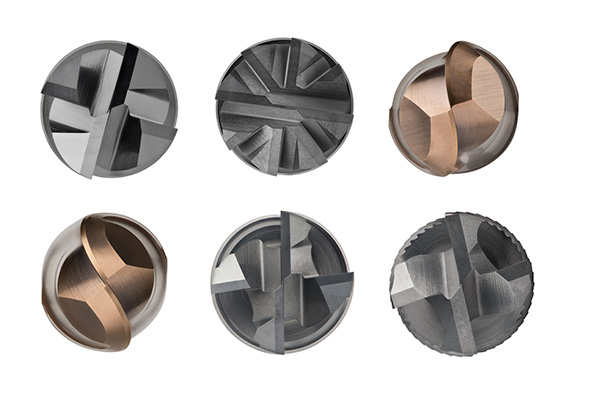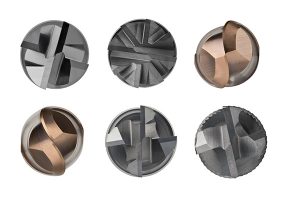NTK has introduced its Ceramatic series of solid ceramic end mills for heat resistant super alloys which are said to offer productivity levels 10 times that of solid carbide equivalents.
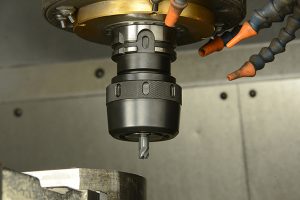
Manufactured from NTK’s SiAlON SX9 grade, the Ceramatic line is available with the option of a four or six-flute variant. The four-flute variant is capable of conducting slotting, pocketing and ramping operations, while the six-flute variant generates superior toughness for face milling, side milling, profiling and ramping operations.
Suitable for manufacturers in the oil and gas and aerospace industries, where Inconel, Rene, Hastelloy, Waspalloy and other challenging materials are the daily challenge, NTK’s Ceramatic line features an optimised helix angle and edge design that the company says provides high levels of toughness and wear resistance when machining heat resistant alloys. Furthermore, the geometry helps to evacuate chips at speed, while generating a smooth cutting action that minimises the cutting forces on both the tool and machine spindle.
The composition of the Ceramatic end mill and the special geometry enable the tool to run at cutting speeds from 300 to 1000 mm/min. In addition, Ceramatic tools can machine at a depth of cut up to 2 mm for face milling and slotting, and 6 mm for side milling.
Both the four and six-flute variants are available in a choice of 8, 10 and 12 mm diameters, with imperial dimensions including 3/8 and ½ inch diameter. The 8, 10 and 12 mm four-flute end mills have a neck diameter of 7.6, 9.6 and 11.6 mm, with a maximum effective length of 6, 7.5 and 9 mm and an overall length of 60, 65 and 70 mm respectively.
For further information www.ntkcuttingtools.co.uk
